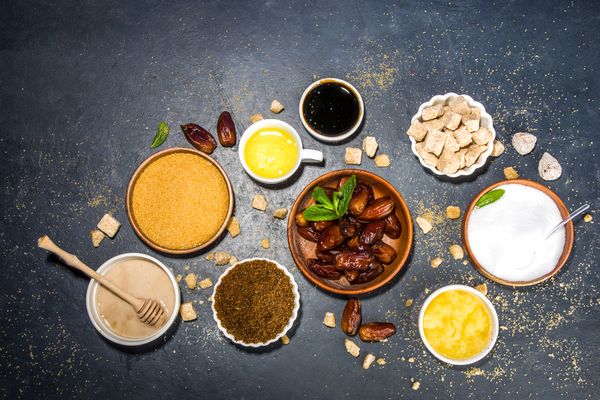
Alternative sweetening? For some time now, it has been totally “in” to sweeten alternatively. And that doesn’t just come from anywhere. Refined granulated sugar – also known as industrial sugar – is processed in elaborate processes. The result: all valuable nutrients are gone and what’s left are “empty” calories. In addition, industrially processed sugar causes blood sugar levels to rise very high very quickly, which is detrimental to our body’s health in the long term. That’s why more and more people are finding themselves willing to sweeten alternatively. For this reason, today we want to introduce you to a list of alternative sweeteners in our post ” Alternative Sweetening “. *
P.S. Do you already know our contribution to wholefood nutrition?
*This article is intended only as a possible source of information and does not offer specific dietary recommendations.
That was: Alternative sweets
Address:
Gasteigweg 25,
5400 Hallein
Austria
Opening hours:
Monday to Thursday: 09 – 16:00
Friday: 09 – 12:00
Contact:
Phone: +43 6245 83282
E-mail: info@agrisan.at
Address:
Gasteigweg 25,
5400 Hallein
Austria
Opening hours:
Monday to Thursday: 09 – 16:00
Friday: 09 – 12:00
Contact:
Phone: +43 6245 83282
E-mail: info@agrisan.at

